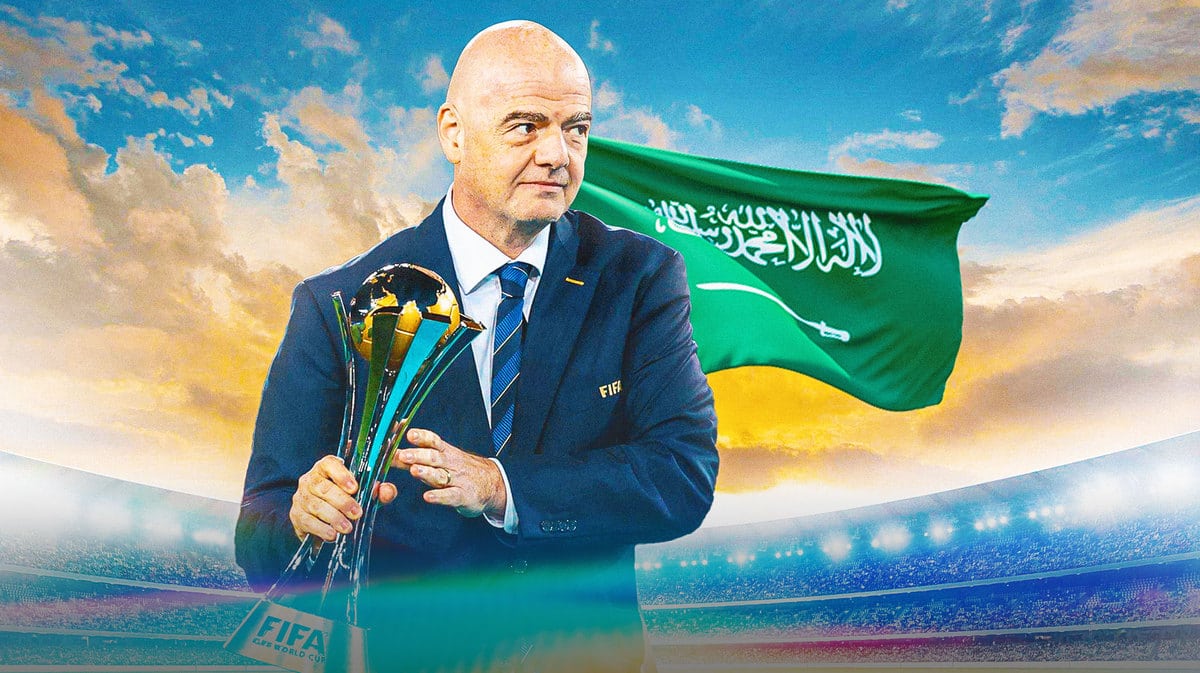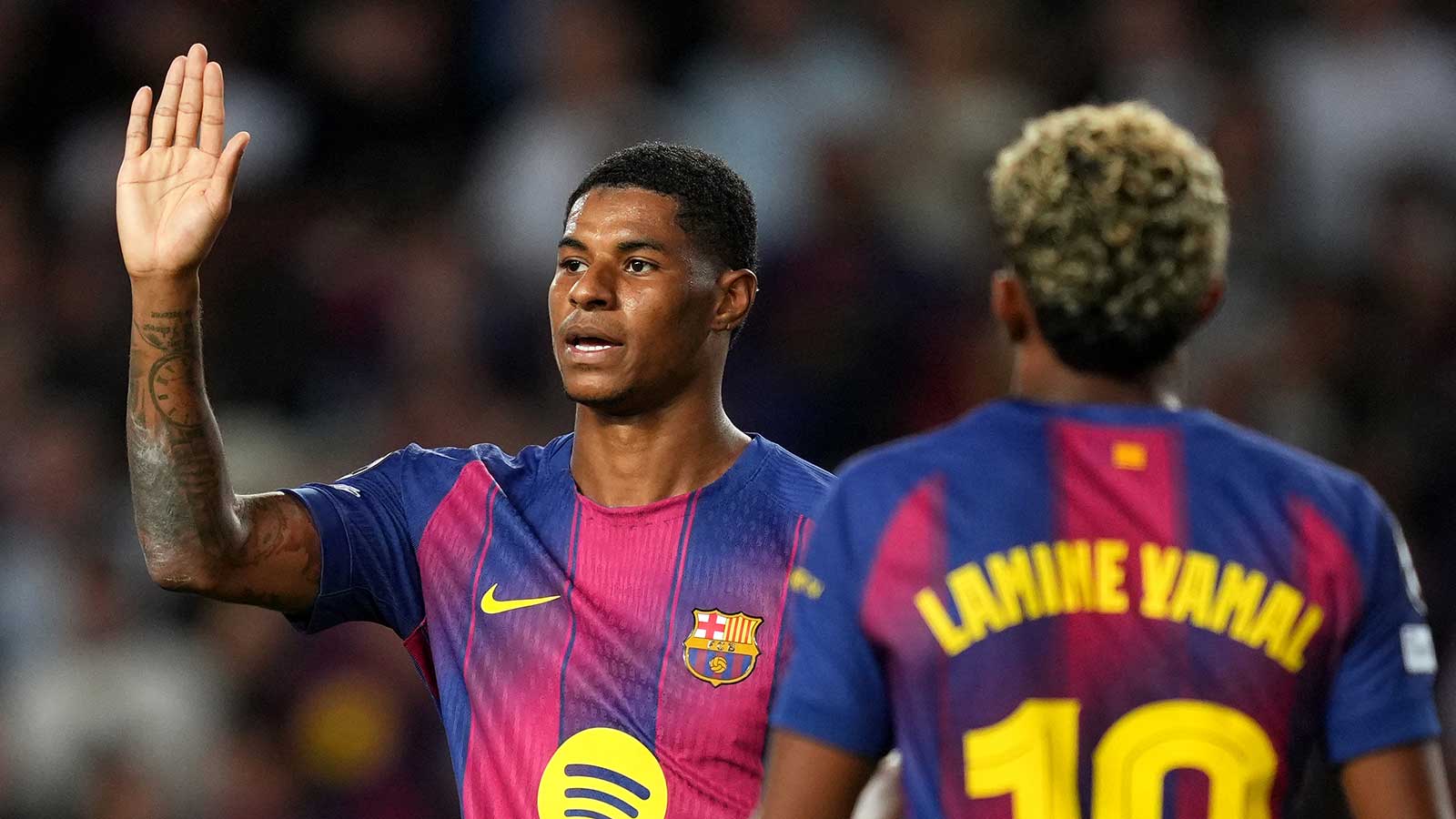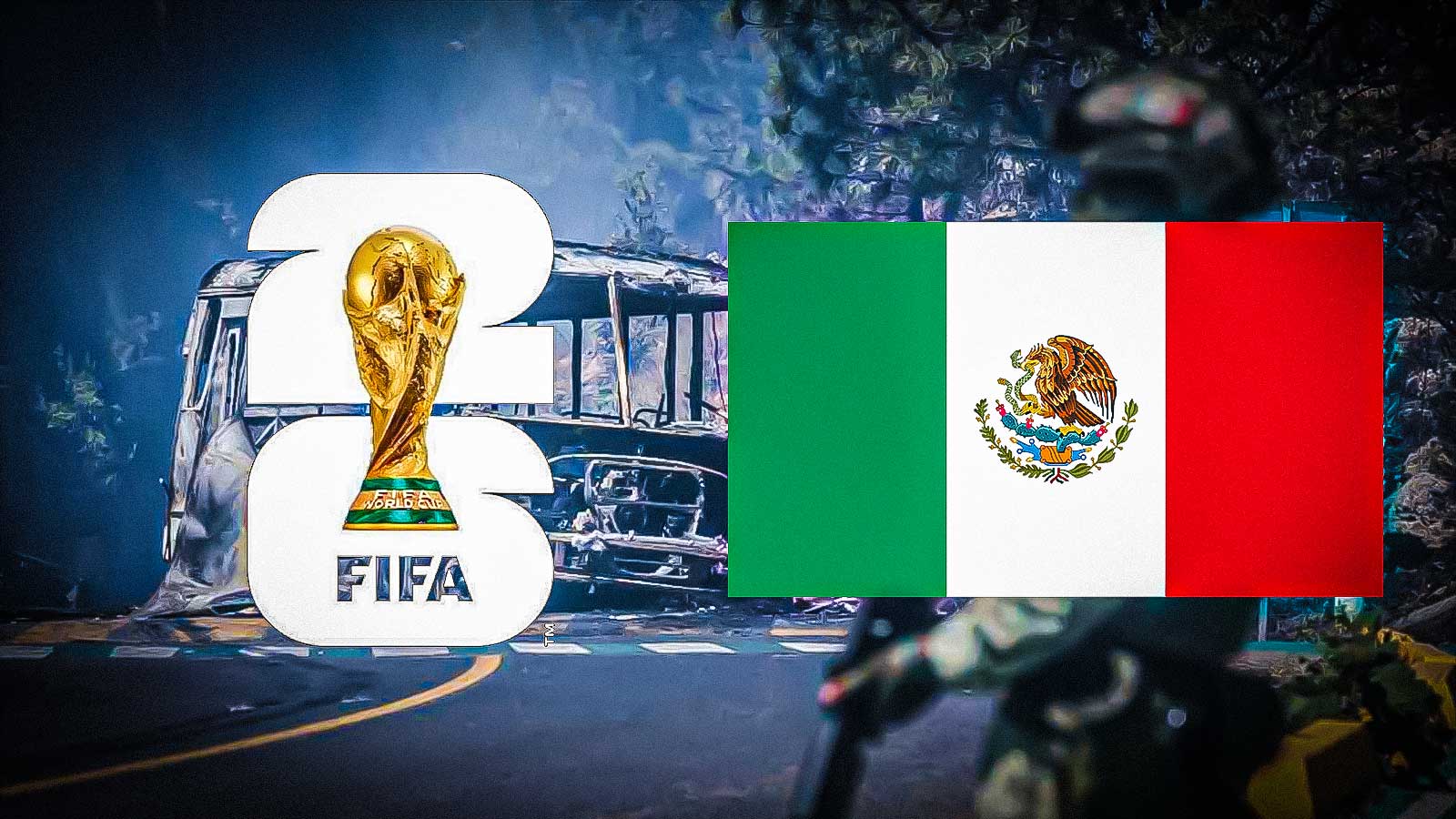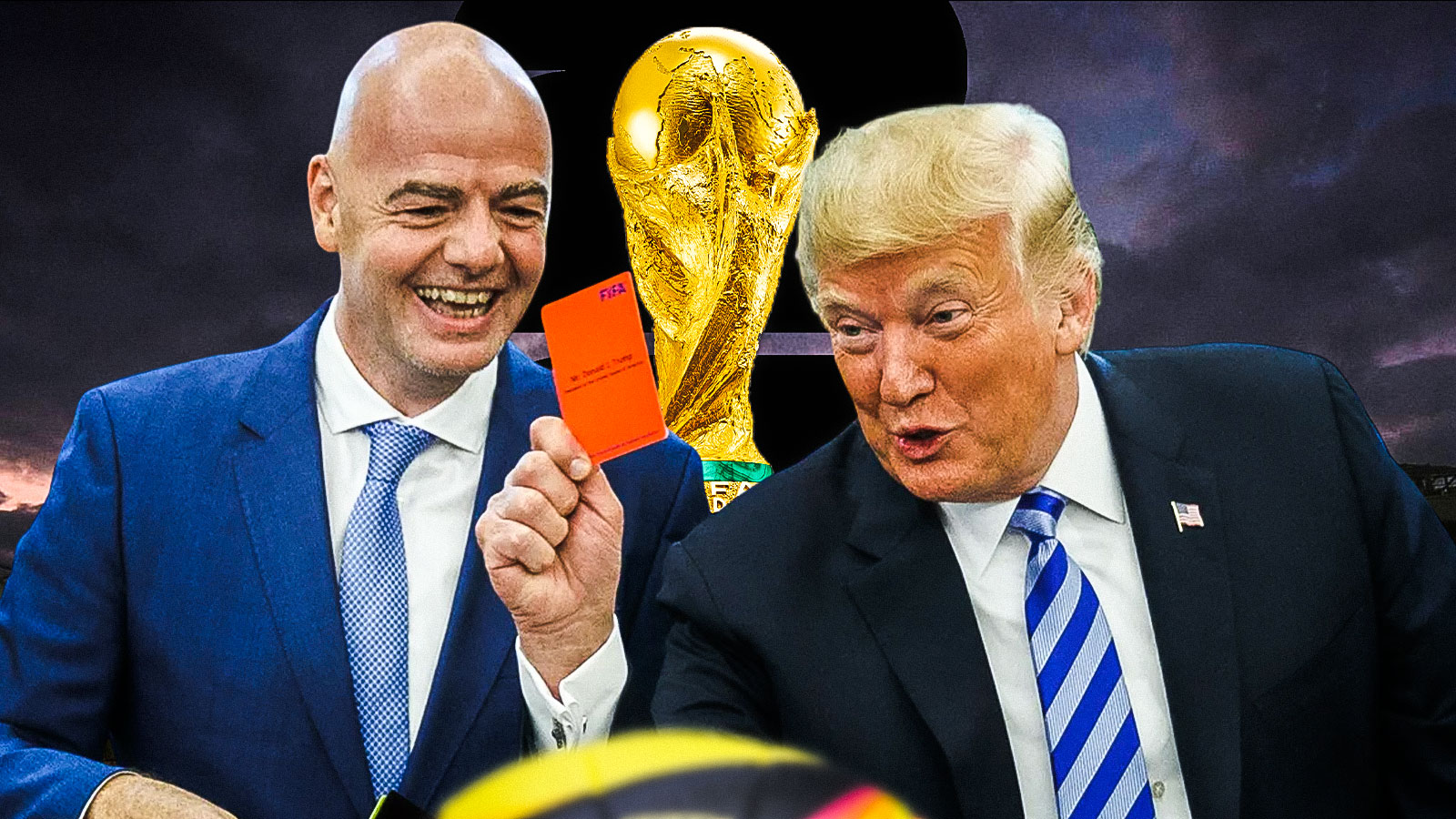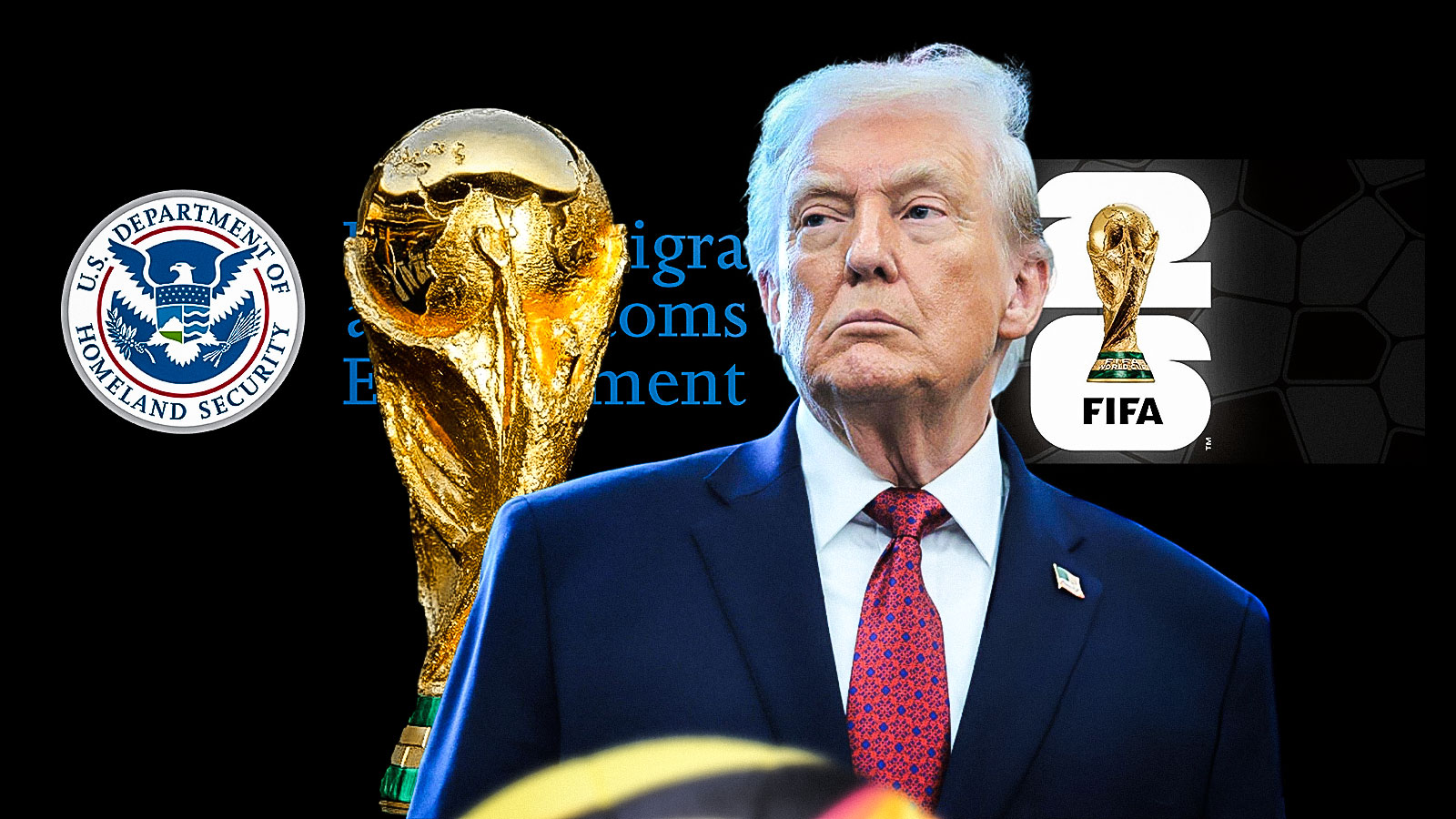FIFA has officially confirmed that Saudi Arabia will host the FIFA World Cup in 2034, with President Gianni Infantino expressing the power of football to unite the world in a message of unity and inclusion. While the decision will be ratified at the end of next year, it is subject to the kingdom meeting all the technical criteria.
This news comes on the heels of the successful hosting of the 2022 World Cup by neighboring Qatar. Saudi Arabia's ambitious bid comes a year after their national team's remarkable victory over eventual winners Argentina in the group stage of the tournament. At this stage, only “expressions of interest” have been submitted, and the full bids for 2030 and 2034 will be evaluated by FIFA, with a final vote at two separate congress meetings at the end of 2024. The absence of competition for the 2034 bid has raised questions about the environmental impact and the alignment of the tournament with FIFA's human rights commitments.
Securing the hosting rights would be another significant move by Saudi Arabia to establish itself as a global sports hub, hosting events like the Club World Cup and the 2027 Asian Cup. It's also behind endeavors like the breakaway LIV golf and has attracted major stars in football, including Cristiano Ronaldo and Karim Benzema.
However, FIFA's decision to award the World Cup to a single bidder for 2034 has drawn criticism. Human rights organizations, including Amnesty International and Human Rights Watch, have expressed concerns about FIFA's commitment to “respect internationally recognized human rights” in its competitions and have called for the postponement of the awarding of the World Cup in 2034. With the World Cup expanding to 48 teams in 2026, the task ahead for Saudi Arabia is substantial, with the need for a minimum of 14 stadiums and compliance with various criteria, including environmental sustainability.
As Saudi Arabia gears up to host one of the world's most-watched events, the international community will closely watch its preparations and efforts to ensure that the tournament aligns with the principles of inclusivity, human rights, and sustainability, as FIFA's commitment to these values comes under scrutiny.

